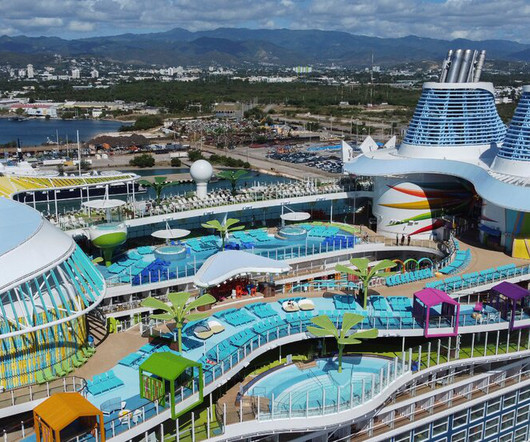Mærsk Group exploring use of lignin-based marine biofuels; CyclOx and B21st
Green Car Congress
MARCH 20, 2013
With an annual fuel bill of US$7 billion for vessel operations, the Mærsk Group continually considers ways to reduce its bunker fuel consumption. Greater efficiency is the primary way of achieving this; alternative fuels are another. —Jacob Sterling, head of Environment and CSR, Mærsk Line. Earlier post.).















Let's personalize your content